
Gan Xiuni, director of the nursing department of the Second Affiliated Hospital of Chongqing Medical University. (Photo/chinanews.com.cn)
Seven Chinese nurses have received this year's Florence Nightingale Medal, making China the country with the largest single number of recipients this year, according to the Red Cross Society of China.
A total of 37 nurses from 22 countries won the medal, according to the International Committee of the Red Cross on Friday. The honor is presented biennially to nurses who show exceptional courage and devotion to caring for people during conflict or disaster, or who demonstrate a pioneering spirit in the areas of public health or nursing education.
Among this year's honorees is Gan Xiuni, director of the nursing department of the Second Affiliated Hospital of Chongqing Medical University.
She was on the front lines caring for the victims of a marsh gas explosion in 1985 in Chongqing. She also treated patients during the severe acute respiratory syndrome outbreak in 2003, and people injured during the Wenchuan earthquake in 2008.
During the COVID-19 epidemic, the 58-year-old worked in makeshift hospitals for the infected in three provincial-level regions for more than 130 days. During an early phase of the outbreak in Xiaogan, Hubei province, she engaged in manual labor, including moving respirators, despite suffering from severe disc herniation, earning herself the nickname "Strong Spine" from her fellow medical workers.
Xing Shaoyun, head nurse at the leprosarium at the Fifth People's Hospital of Hainan Province in Haikou, the provincial capital, received her medal for "notably transforming traditional leprosy nursing and introducing novel leprosy wound treatment in China," according to the International Committee of the Red Cross.
Xing began caring for leprosy patients after graduating from nursing college in 1995. Through years of practice, she has learned to successfully apply regenerative medicine skills and moist exposed burn ointment, also known as MEBO, after the debridement of affected skin.
The new methods helped reduce the rate of ulceration among leprosy patients from 28 percent to 5 percent, and also lowered the rate of amputation, according to the hospital where Xing worked, which added that the nurse has also headed the expansion of innovative methods to leprosy patients around the country.
During a recent interview with Hinews.cn, a local media outlet in Hainan, Xing said that she plans to set up a wound care outpatient department at the hospital, and to visit more rural areas to train grassroots health workers.
Since China began recommending candidates for the award in 1983, 90 nurses have won, according to China's Red Cross.
There were 5.2 million nurses in China at the end of last year, or 3.7 nurses per 1,000 people, the National Health Commission said during a news conference held ahead of International Nurses Day, which falls on May 12 each year.
Xing Ruoqi, deputy director of the commission's medical administration department, said during a recent news conference that the number of nurses has grown by an average of 8 percent year-on-year over the past decade, with around 300,000 new nurses added each year.
She said that China will take measures to protect the rights and interests of nurses, improve their working conditions, arrange for better shifts and care for their physical and mental health.
By 2025, China aims to increase the number of nurses to 5.5 million, including 1.2 million at the grassroots level.








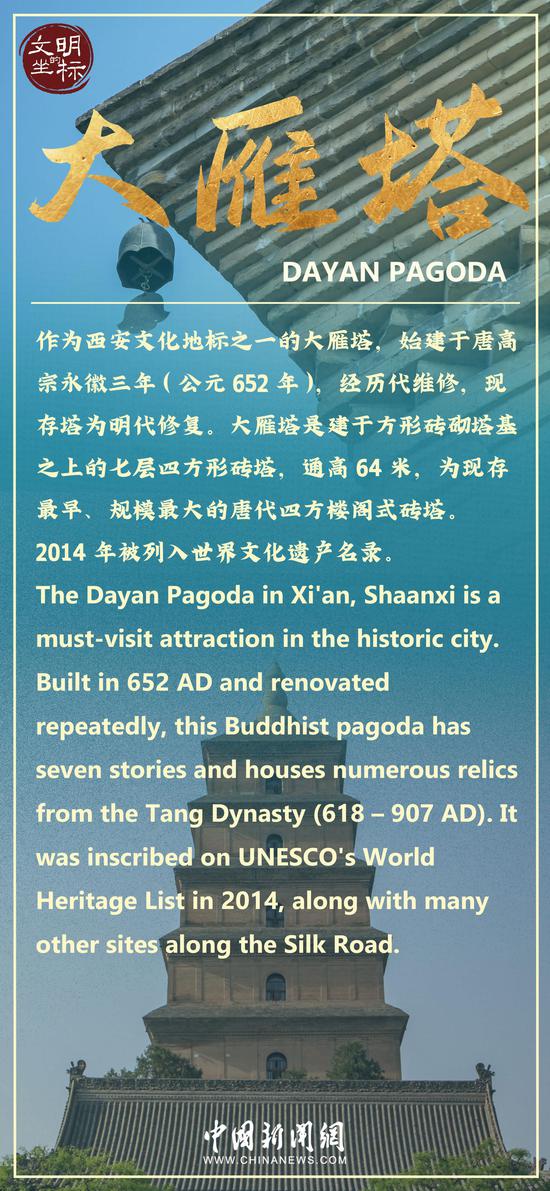

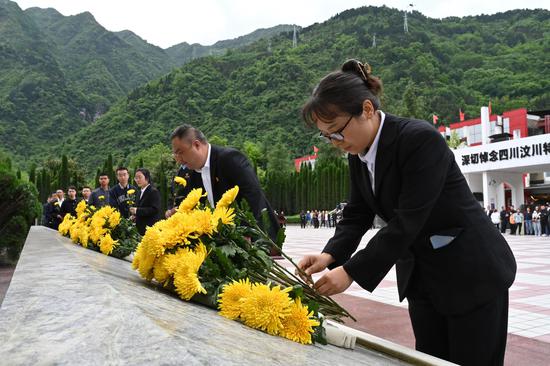
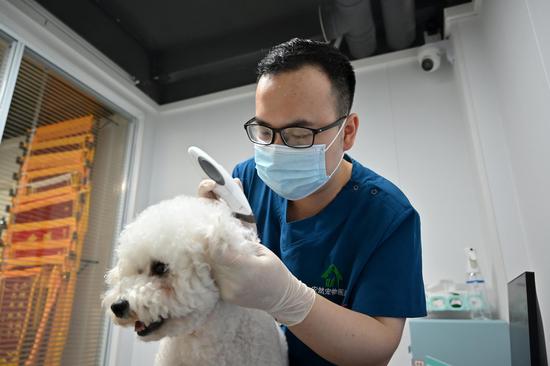







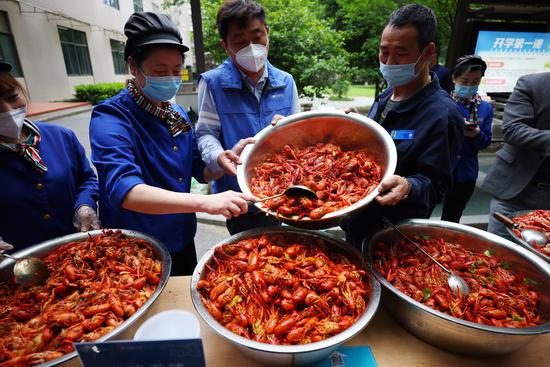




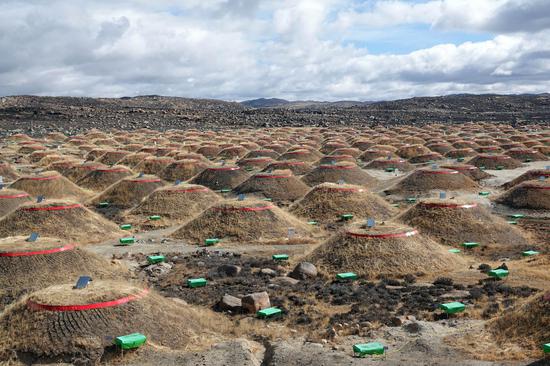




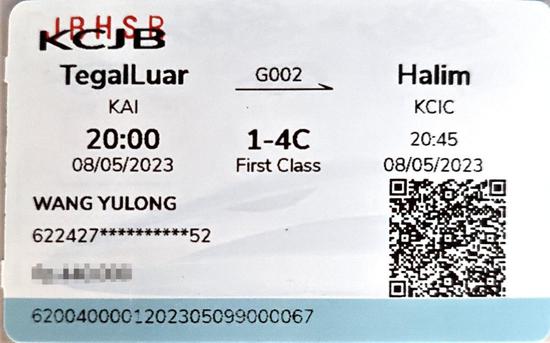
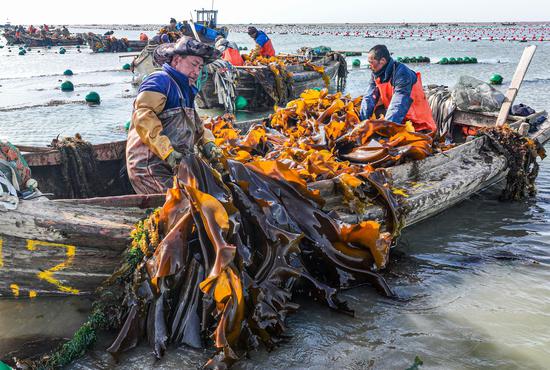








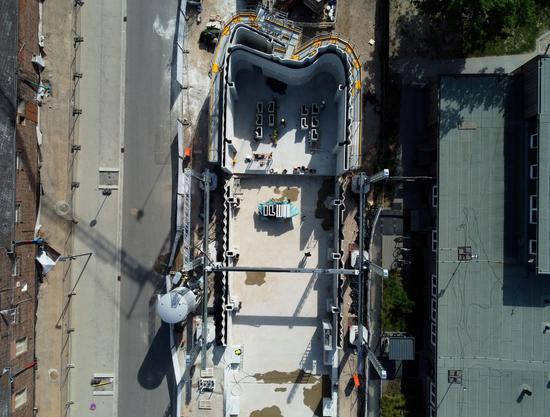










 京公网安备 11010202009201号
京公网安备 11010202009201号